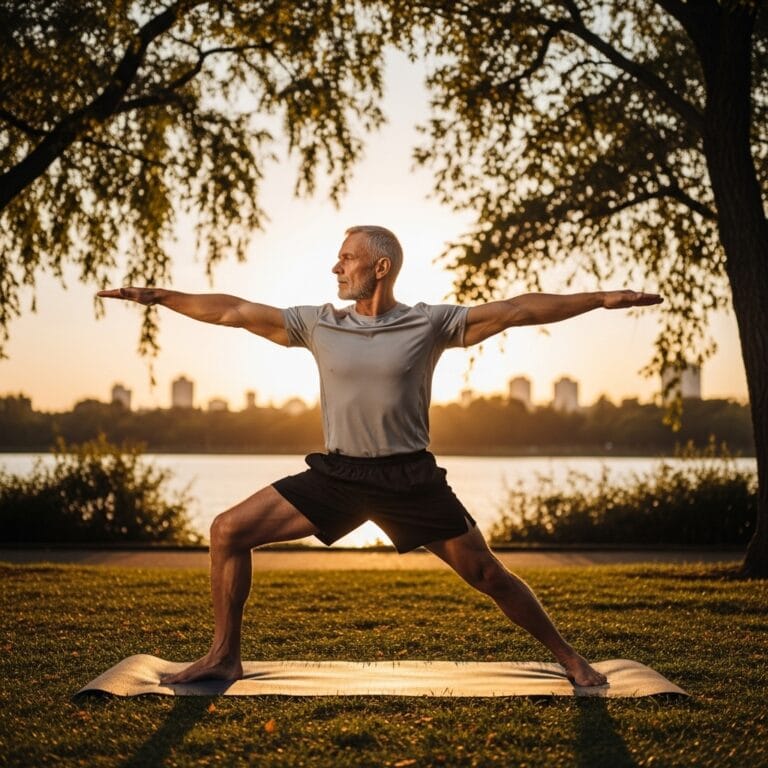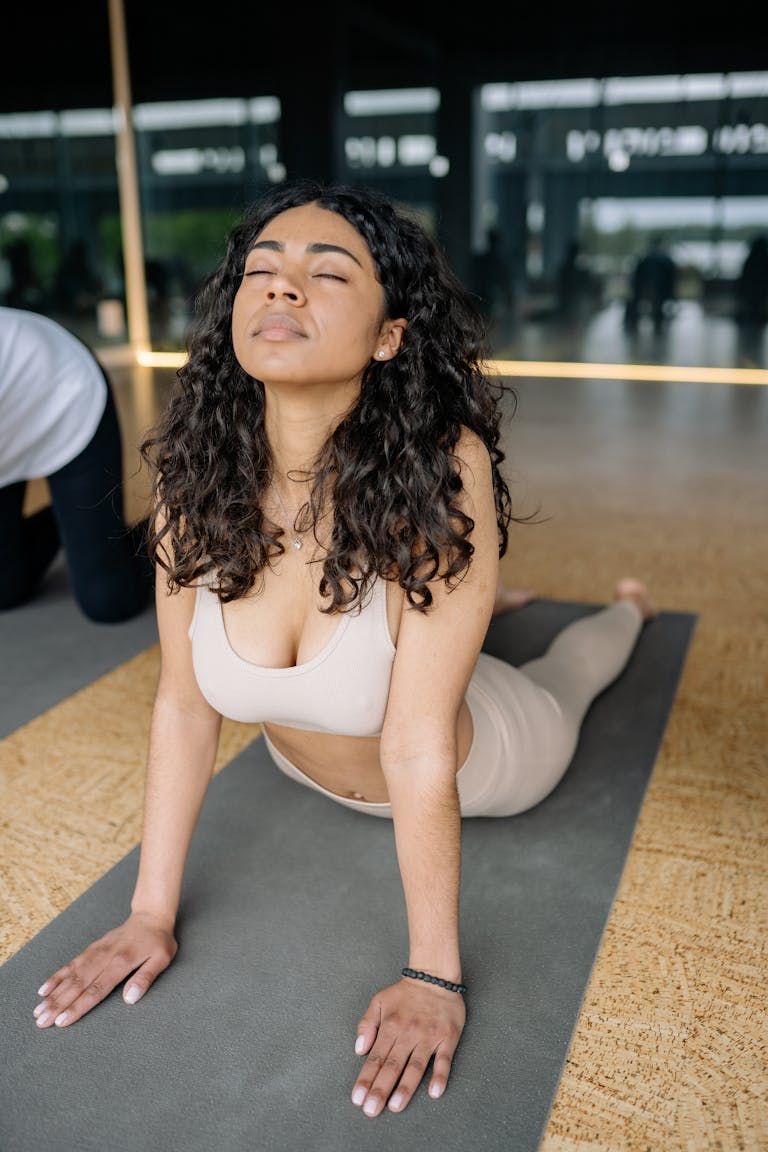FREE SHIPPING OVER $50
10 Common Habits That Are Secretly Speeding Up Your Aging Process
Aging is a natural process, but there are certain habits that might be pushing it along faster than you’d like. From skincare routines to lifestyle choices, some things we do daily may be accelerating wrinkles, dullness, and even health concerns. Here’s a closer look at 10 everyday habits that could be aging you prematurely and simple steps to help you turn them around.
How Aging Works: Understanding What Affects Your Body Over Time

Aging is influenced by a mix of genetic, environmental, and lifestyle factors. At a cellular level, aging occurs due to gradual damage from free radicals, which are unstable molecules that harm cells over time, particularly impacting collagen and elastin—the proteins responsible for skin elasticity and firmness. Additionally, factors like stress, diet, and exposure to toxins accelerate this process by increasing inflammation and oxidative stress. Understanding how these factors contribute to aging can help you take targeted steps to slow it down.
10 Common Habits that Speed Up Aging
1. Skipping Sunscreen
Not wearing sunscreen daily is one of the biggest contributors to premature aging. UV rays break down collagen and elastin, leading to wrinkles, sunspots, and a loss of skin elasticity. Even on cloudy days or indoors, UV rays can cause damage through windows.
Solution: Choose a broad-spectrum sunscreen with SPF 30 or higher and apply it every morning, regardless of the weather. Sunscreen isn’t just a summer essential; it’s a year-round must-have for anti-aging.
2. Lack of Sleep
Sleep is your body’s time to repair and rejuvenate. When you don’t get enough, it can cause puffiness, dark circles, and a dull complexion. Over time, lack of sleep can increase stress hormone levels, leading to inflammation and faster cell aging.
Solution: Aim for 7-8 hours of sleep each night. Try creating a bedtime routine with calming activities like reading or meditation, and avoid screens 30 minutes before bed.
3. Dehydration
Water is essential for maintaining healthy skin. Without adequate hydration, skin becomes dry, flaky, and more prone to wrinkles. Dehydrated skin also has a harder time repairing itself, leading to more visible signs of aging.
Solution: Try to drink at least 8 glasses of water daily, and adjust according to activity levels and climate. Eating hydrating foods like cucumbers, oranges, and watermelon can also help.
4. High Sugar Intake
Too much sugar doesn’t just impact your waistline; it can also affect your skin. A process called glycation occurs when sugar binds to proteins like collagen and elastin, making them stiff and less elastic, which leads to wrinkles and sagging skin.
Solution: Reduce processed sugars by opting for fresh fruits over sweets, limiting sugary drinks, and choosing whole foods over processed ones.
5. Smoking
Smoking is one of the most well-known accelerators of aging. The toxins in cigarettes reduce blood flow, depriving the skin of oxygen and nutrients. Smoking also damages collagen and elastin, causing skin to wrinkle and sag, especially around the mouth.
Solution: Quitting smoking can slow down the aging process and improve overall health. If you need support, consider seeking help from a healthcare provider or using apps designed to assist with quitting.
6. Heavy Alcohol Consumption
Alcohol dehydrates the body and depletes it of essential nutrients like vitamin A, which plays a key role in skin repair. Heavy drinking can lead to a dull complexion, redness, and even broken capillaries over time.
Solution: Keep alcohol consumption to a minimum, and stay hydrated by drinking water in between alcoholic drinks. Aim for moderation, and give your skin a break with alcohol-free days throughout the week.
7. Not Exercising Regularly
Exercise promotes circulation and helps nourish skin cells by increasing blood flow. A sedentary lifestyle can contribute to weight gain, decreased muscle tone, and poor circulation, all of which can contribute to aging.
Solution: Incorporate moderate exercise into your weekly routine, like brisk walking, jogging, or yoga, for at least 150 minutes each week. Exercise also reduces stress, which has a positive effect on skin health.
8. Stress
Chronic stress elevates cortisol levels, which can damage collagen and elastin over time. Stress also impairs skin healing and can lead to inflammation, breakouts, and more noticeable wrinkles and fine lines.
Solution: Incorporate stress-relieving activities into your daily life, like meditation, deep breathing exercises, or hobbies you enjoy. Managing stress levels will benefit not only your skin but your overall health.
9. Rubbing Your Eyes
The skin around the eyes is delicate, and excessive rubbing can lead to fine lines, dark circles, and puffiness. Allergies, lack of sleep, or improper removal of eye makeup can increase the temptation to rub your eyes.
Solution: Try to be gentle around the eye area. Use an eye cream that hydrates and reduces puffiness, and remove eye makeup gently with a cotton pad and a mild remover.
10. Poor Posture
Poor posture, like slouching or hunching over screens, can contribute to a “tech neck,” which refers to the wrinkles and lines that form on the neck from constantly looking down. Over time, this habit can also lead to sagging skin around the jawline and chin.
Solution: Practice good posture by aligning your spine and keeping your shoulders back. Regularly stretching and adjusting the height of your computer screen can help minimize the effects of tech neck.
Lifestyle Adjustments to Slow Down the Aging Process
Small adjustments in daily routines can have a lasting impact on slowing down aging:
- Protect Your Skin: Sun exposure is a primary contributor to skin aging. Use sunscreen with at least SPF 30, even on cloudy days, and incorporate hats and protective clothing for additional protection.
- Hydration and Nutrition: Drink plenty of water, and incorporate a nutrient-dense diet rich in antioxidants (found in fruits and vegetables) to support cellular health and fight free radical damage.
- Regular Exercise: Physical activity not only improves blood circulation, delivering essential nutrients to skin and organs but also reduces inflammation and stress. Aim for at least 30 minutes of moderate exercise, such as brisk walking or yoga, most days of the week.
- Prioritize Sleep: Quality sleep allows the body to repair and restore, keeping skin and mind refreshed. Aim for 7–8 hours each night to allow for optimal repair and rejuvenation.
Managing Stress to Combat Premature Aging
Chronic stress has a significant impact on aging, particularly through its effect on cortisol—a hormone that, when elevated, accelerates cellular aging by increasing inflammation and oxidative stress. Here are some ways to manage stress effectively:
- Connect with Nature: Spending time outdoors has been shown to reduce stress levels and improve mood, which can have a positive impact on aging.
- Practice Mindfulness and Meditation: Even a few minutes of meditation or mindfulness exercises can help lower cortisol levels, improving mood and skin health.
- Engage in Relaxing Activities: Hobbies such as gardening, reading, or listening to music can help take your mind off daily stressors and contribute to overall well-being.
Final Thoughts
Aging is a natural process, but these common habits can speed it up without you realizing it. By being mindful and making small changes to your routine, you can maintain healthier, younger-looking skin for longer. Remember, it’s the small daily habits that make a big difference over time.
Related Articles
- How This Simple Daily Drink Can Restore Skin Elasticity and Reverse Visible Aging After 40
- Experts Recommend Adding These 3 Anti-Aging Supplements to Your Routine for Youthful Skin and Increased Longevity
- Korea’s Best-Kept Skincare Secret: The Must-Have Product for Bright, Youthful Skin After 40
- Want Smoother, Firmer Skin? Doctors Suggest Eating These Anti-Aging Foods for a Noticeable Lift
- This 50-Year-Old’s Skin Looks 25—Here’s Her 4-Ingredient Anti-Aging Formula
- New Study Reveals 12 Ingredients to Avoid If You Want to Look Younger







